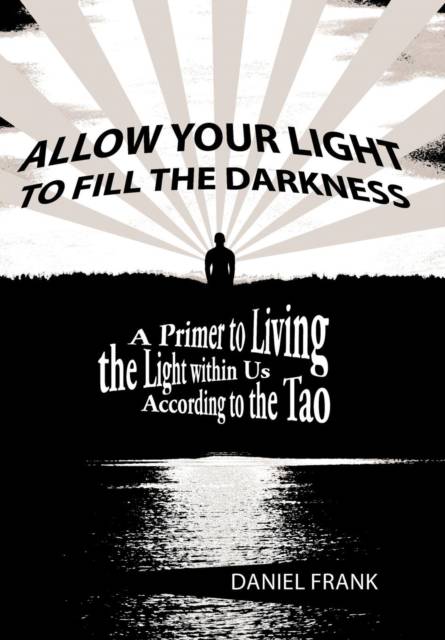
- Retrait gratuit dans votre magasin Club
- 7.000.000 titres dans notre catalogue
- Payer en toute sécurité
- Toujours un magasin près de chez vous
- Retrait gratuit dans votre magasin Club
- 7.000.0000 titres dans notre catalogue
- Payer en toute sécurité
- Toujours un magasin près de chez vous
Allow Your Light to Fill the Darkness
A Primer to Living the Light Within Us According to the Tao
Daniel Frank
Livre relié | Anglais
36,95 €
+ 73 points
Format
Description
How do we recognize error in our thinking? How can we enjoy the spiritual benefits of practicing our religion while not condemning the religion of others? These questions, and so much more, are addressed in the eighty-one commentaries included in this book. These commentaries refer to, but are independent of, the illuminating and compelling essay collection about Lao-tzu's Tao Te Ching, as voiced in Change Your Thoughts-Change Your Life by Dr. Wayne W. Dyer. Living "right," according to the Tao, anticipates that we have both the understanding needed to make right choices and the knowledge to recognize the types of behavior that are important for us to change. However, of equal or greater significance to these skills are the feelings that drive our internal motivation at our center. Many of us need to learn the life lessons that keep popping up as issues in our lives. They keep resurfacing again and again until we finally recognize the lessons and actually learn them. We know we have really been learning our lessons when we notice that our intentions are genuinely beginning to change. Not learning them holds us hostage and keeps us repeating the same dumb behavior. Each commentary has at least one labeled graphic that represents one or more aspect of the main idea of each section. The purpose of these graphics is to provide visualization for what otherwise might remain more abstract . We have absolutely no concept of how the connections we feel and know to be real actually come about, between ourselves and others, between us and the happenings of life, or between us and God. We often describe these feelings or experiences as resulting from some type of energy, but what might that really mean? Reflecting this unexplainable, invisible, but vital connection on the written page through symbolism provides our minds with a crutch to assist understanding and recall. Although the illustrations as drawn may have little or no basis in the facts, as they are accepted today, or even as new discoveries may reveal, the understanding of the concepts that develop through their use helps us apply the "gems" that Lao-tzu speaks of in the Tao, to our lives.
Spécifications
Parties prenantes
- Auteur(s) :
- Editeur:
Contenu
- Nombre de pages :
- 350
- Langue:
- Anglais
Caractéristiques
- EAN:
- 9781452557755
- Date de parution :
- 26-10-12
- Format:
- Livre relié
- Format numérique:
- Genaaid
- Dimensions :
- 152 mm x 229 mm
- Poids :
- 666 g

Les avis
Nous publions uniquement les avis qui respectent les conditions requises. Consultez nos conditions pour les avis.






